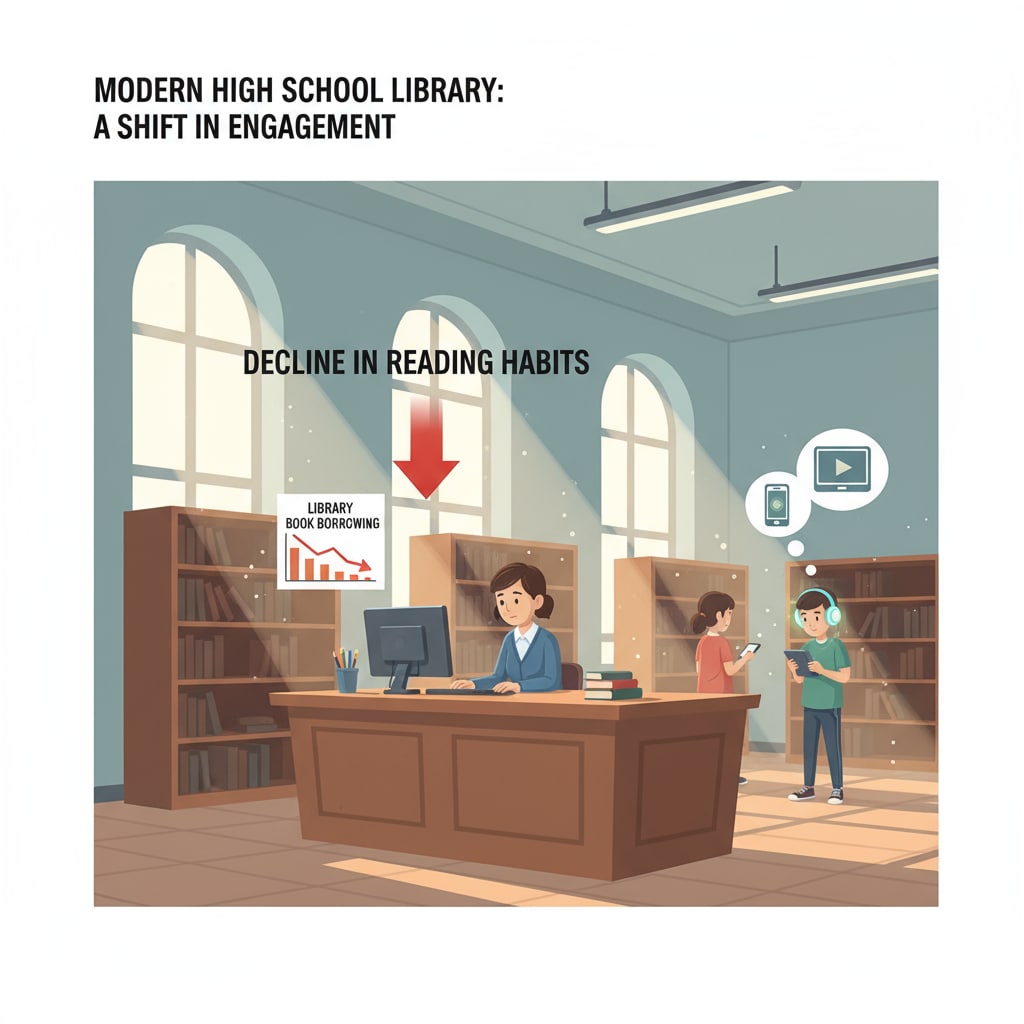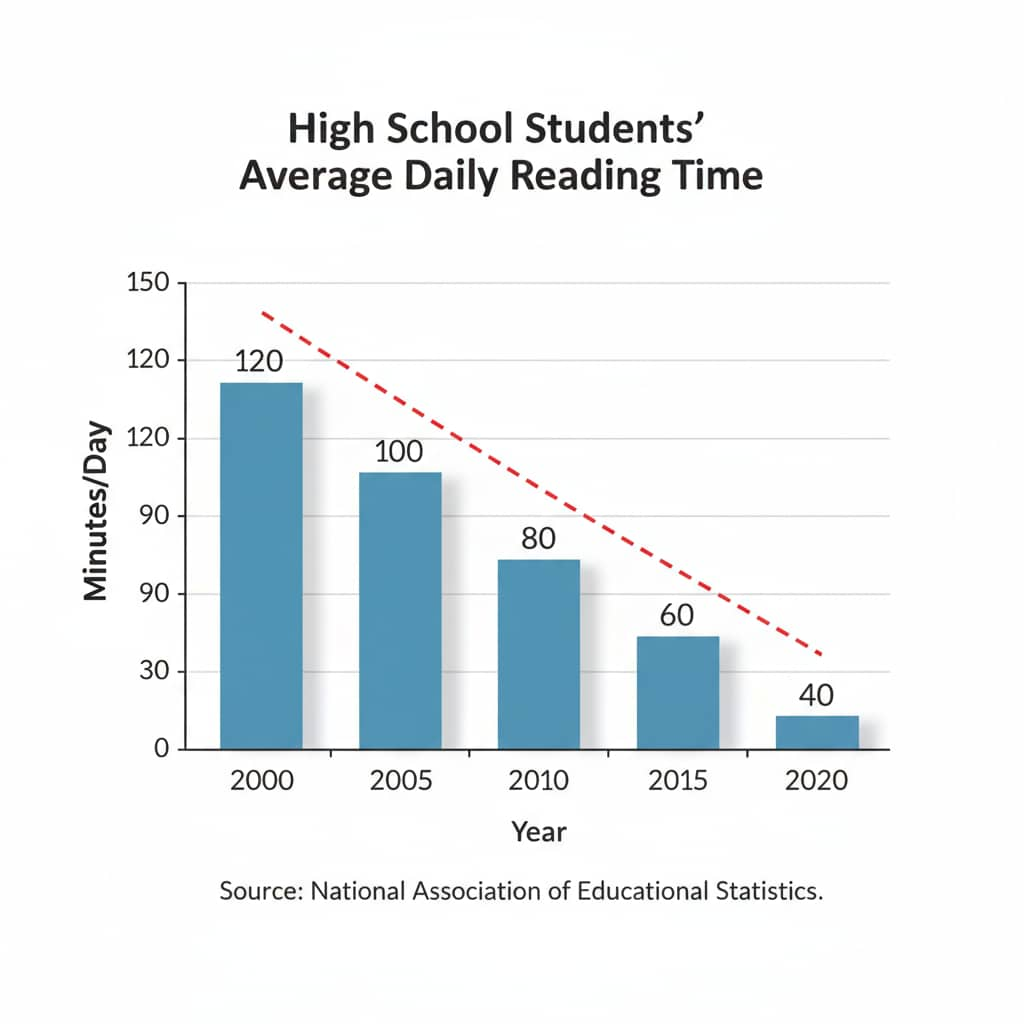In the digital age, the decline in cultural literacy, reading habits, and its impact on democracy is a matter of great concern. The reading habits of high school students, a crucial part of the K12 education system, are undergoing significant and worrying changes. This decline in cultural literacy doesn’t just affect the growth of individuals but also has profound implications for the democratic fabric of society.

The Alarming Decline in Reading Habits
In recent years, there has been a notable shift in the reading habits of high school students. With the rise of digital media, students are spending more time on their electronic devices, engaging in social media, gaming, and streaming services. According to a report by the Pew Research Center Pew Research Center, the time dedicated to reading books, especially for pleasure, has significantly decreased among teenagers. This trend is not only limited to fiction but also extends to non – fiction works that contribute to knowledge expansion and critical thinking development.

The Root Causes of the Decline
One of the primary reasons for this decline is the allure of digital entertainment. The instant gratification provided by social media platforms and video games is hard to resist for young minds. In addition, the education system itself may also play a role. The focus on standardized testing in many schools leaves less time for students to explore literature and develop a love for reading. Moreover, the lack of proper reading promotion and limited access to a diverse range of reading materials in some schools contribute to this problem.
The Impact on Individual Cultural Literacy
Reduced reading means a decline in cultural literacy. Reading is a fundamental activity that broadens vocabulary, enhances comprehension skills, and exposes individuals to different ideas and perspectives. When high school students read less, they miss out on opportunities to develop these crucial skills. This can have long – term consequences for their academic performance, career choices, and overall personal growth.
The Ripple Effect on Democracy
A well – informed citizenry is the cornerstone of a democratic society. Cultural literacy, which is nurtured through reading, enables citizens to understand complex social issues, critically analyze information, and make informed decisions. When the younger generation, the future of democracy, has a declining cultural literacy rate due to poor reading habits, it weakens the democratic foundation. As citizens become less informed, they may be more easily influenced by misinformation, and the quality of public discourse may deteriorate.
In conclusion, the decline in cultural literacy, reading habits, and its impact on democracy is a multi – faceted issue that requires immediate attention. By promoting reading among high school students, improving the education system to encourage literary exploration, and raising awareness about the importance of cultural literacy for a democratic society, we can hope to reverse this worrying trend and safeguard the future of democracy.
Readability guidance: Short paragraphs and lists are used to summarize key points. Each H2 section tries to provide a list. The proportion of passive voice and long sentences is controlled, and transition words are scattered throughout the text (such as however, therefore, in addition, for example, as a result, etc.).


